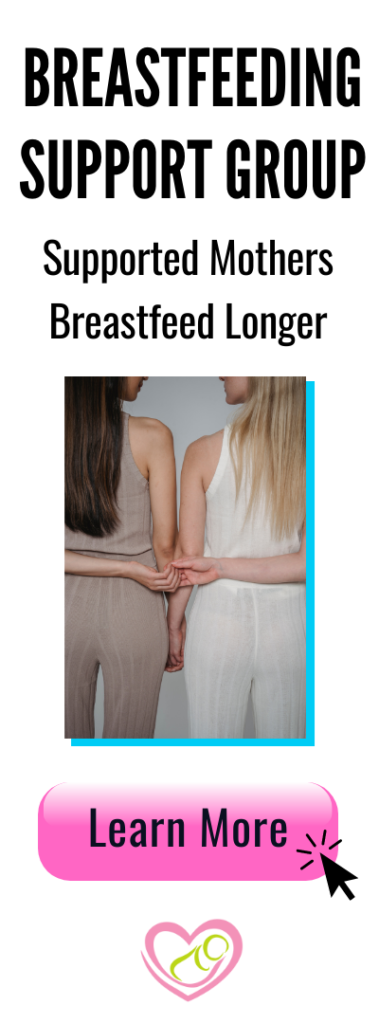Breastfeeding Your Newborn: What To Expect At Home
November 20, 2024 2025-01-28 17:53Breastfeeding Your Newborn: What To Expect At Home
Breastfeeding Your Newborn: What To Expect At Home
Unsure about breastfeeding once you leave the hospital? Here are some videos to help you handle the challenges that may arise in the early weeks.
Please request an appointment if you’re struggling and need some one-on-one guidance. We take most major insurance and are here to help. Below are some additional video links referenced in the discharge teaching video above.
♥ Engorgement Management Tips
Engorgement usually happens between days 3-5 postpartum, and is a result of the transition from colostrum to mature milk. Increased milk volume, blood and lymph fluids in the breasts can cause discomfort and interfere with latching, and can lead to worse issues such as clogged ducts and breast infections. Here are some tips to help relieve the discomfort during this stage.
♥ Breastfeeding Positions & How To Latch Your Baby
Did you know? Breastfeeding should not hurt! Unfortunately, well-meaning friends and family tell new mothers that pain and bleeding is normal at first, and this simply is not true. If you are having pain or if you see bruising, blisters, scabs, cuts or bleeding, your baby’s latch needs to be evaluated.
♥ Solutions To Common Breast Concerns During Lactation
Every journey through lactation is different, and not everyone will struggle. However, certain issues are experienced more commonly than others. Here are some potential solutions to the struggles that we see most frequently as lactation consultants.
♥ Everything You Need to Know About Pumping
Don’t know where to start with pumping? We got you. Whether you’re choosing a pump, need to fit your flanges, understand bottle feeding, want to maximize pumping efficiency, or need a guide for proper storage and handling, it’s all here!
♥ Paced Bottle Feeding
Even slow-flow bottles tend to flow faster and more easily than the breast. See how pacing your baby’s bottles slows down their feedings and allows them to stop when they are done. Working for their bottle like they do at the breast prevents bottle preference, overeating, and upset tummies.


